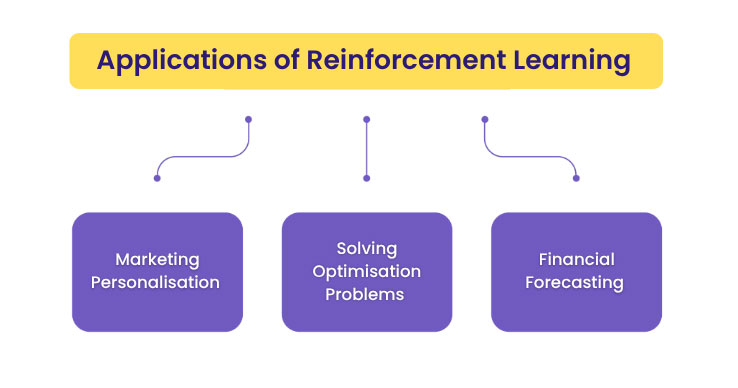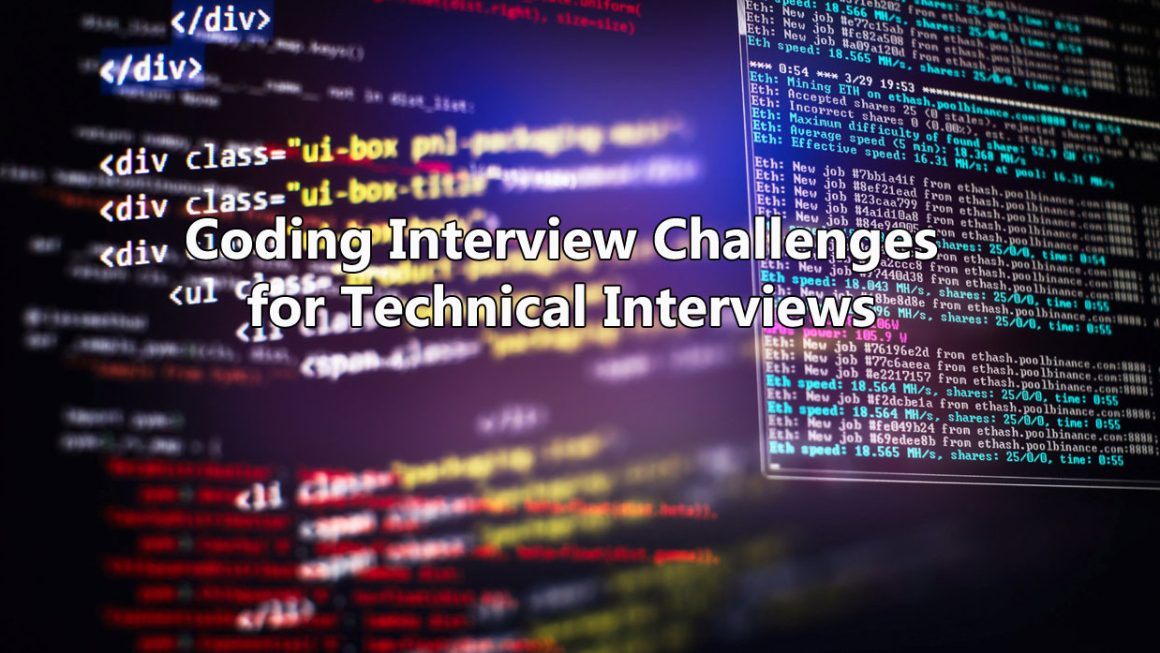It’s been very nearly a long time since the COVID-19 pandemic began, and presently we have sufficient data to expect that most endeavors weren’t ready for the emergency. Despite the fact that groups had tremendous measures of information and amazing logical apparatuses readily available, the pandemic actually surprised most associations. In this article, we’re going to discuss the role of BI for businesses in overcoming the pandemic effects. Thus, most undertaking chiefs needed to cut their arrangements and drives. As indicated by a Google-authorized IDG review, 55% of respondents have delayed or dropped somewhere around one innovation project.
One of the principal purposes behind such a disturbance might be the outdated nature of numerous conventional information the executive’s models; that is the reason they have neglected to anticipate the emergency and its outcomes. Besides, we can see that main those groups who chose to change their information investigation models had the option to settle on fast and keen business choices and, subsequently, effectively adjust to this new business reality. As indicated by Cognizant, almost 70% of groups that made major or critical changes to their logical models presently make more precise forecasts, contrasted with 45% who liked to leave things as they were.
At progress, we trust that the reception of business knowledge (BI) can empower undertakings to change and persistently adjust to the consistently changing economic situations. In this article, we’ll investigate why organizations should look for new ways to deal with information examination. We’ll likewise show how precisely ventures can carry out BI, either independently or by means of BI administrations, to go through the emergency with a negligible adverse consequence on their operations.

Why inheritance ways to deal with information examination no longer work
To start with, we ought to comprehend the reason why precisely the heritage information investigation approaches might be thought of as inadequate. The thing is, beforehand information investigation depended on models that never-ending stretched out into the future; lamentably, a large portion of these models have become old in the present circumstances.
Before the pandemic, endeavor supervisors lived in the deception that all future occasions could be anticipated. In view of this supposition, experts depended on bogus prescient information models that could just mirror an improved image of the conceivable future. In this worldview, any minor deviations in information (which, truth be told, could foresee something) could basically be disregarded or seen as exceptions.
Thus, information investigators started to fit the information to their typical models of reality rather than enough evaluating change and its effect. At long last, this has prompted a detachment between informational indexes and the investigation itself, leaving many undertakings unarmed even with a genuine crisis.
So, can endeavor chiefs effectively try not to fall into this snare again later on? Indeed, they can execute BI to empower quick, constant information examination; in this way, groups become ready to test and ceaselessly adjust to advertise changes brought about by the pandemic.
Implementing BI to conquer the crisis
Enterprise administrators hoping to use or further develop their current BI arrangements should lead a top-to-the-bottom appraisal of existing information conditions and draw up a point-by-point technique to work on the viability of corporate investigation models. To help our customers accelerate this interaction, our organization has fostered a crisis BI bundle for endeavors that are going through friendly and monetary interruptions (actually like the present Covid crisis).
This approach, which we call responsive information examination, permits groups to rapidly test and approve information-based theories by means of the HADI (Hypothesis-Action-Data-Insight) cycle. You can utilize our approach or foster a comparative one to quickly change your information handling technique, characterize new items and information gathering courses, and constantly adjust your examination to changing economic situations.
To read more related articles, click here…




